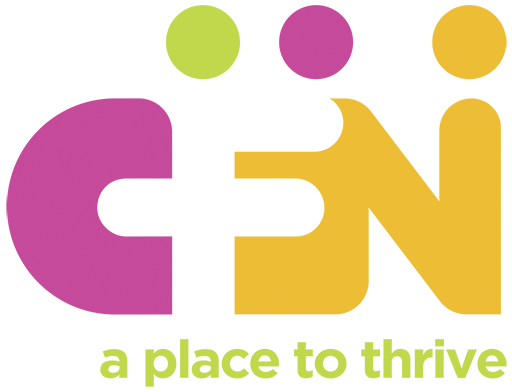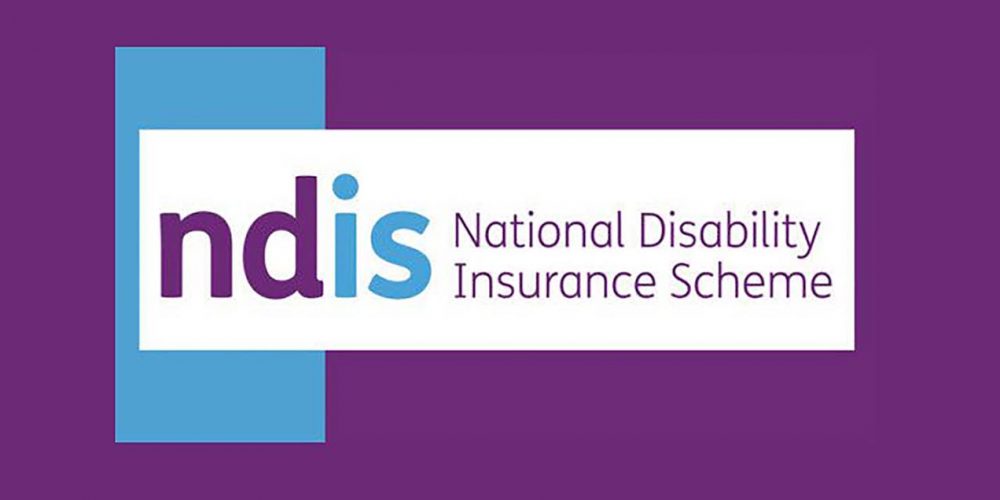That time of year is here again! The NDIA have released the new Price Guides, which will come into effect on 1 July. And it’s a big one, with some major changes and clarifications across the board.
The updated NDIS Price Guide 2019–20 puts the N back in NDIS, uniting all states, territories and remote areas into a single Price Guide, though the price tables (now called a “Support Catalogue”) and the additional rules have been separated out. Here’s the low down on what else has changed:
PRICE INCREASES
-
Remote and very remote loadings: The biggest prices changes are arguably where they’re most needed, with the loadings in remote areas doubling. Supports delivered in remote areas will now have a 40% loading applied (up from 20%) and in very remote areas, the loading is 50% (up from 25%).
-
Personal care and community access: 4.5% price increase in response to the Fair Work Commission annual wage review decision and the Equal Remuneration Order
-
Capacity building supports, including support coordination and therapy.: 2.1% price increase in line with the ABS Wage Price Index
-
Consumables, Assistive Technology and Home Modification and Specialised Disability Accommodation: 1.3% price increase to align with the ABS Consumer Price Index between March 2018 and March 2019.
TEMPORARY TRANSFORMATION PAYMENT
A new Temporary Transformation Payment has been introduced for providers of personal care and community access. Each line item has its standard price listed, along with a higher price that has the 7.5% TTP loading applied. In order to access the higher TTP price limits, providers will have to:
-
publish their service prices;
-
list their business contact details in the Provider Finder and ensure those details are kept up-to-date
-
participate annually in an Agency-approved market benchmarking survey.
Providers can start charging the TTP prices from 1 July and will have until December 31 to meet the compliance requirements. There will be no formal registration process.
DETAILS
The good news is that the Price Guide now includes a granular level of detail about who can charge for what. The bad news is that it’s written in size 3 font.

You might have to save the image above, open it in a picture app and zoom 300% but if you can’t be bothered doing that let me tell you what it includes: there are all the usual columns, plus some new ones: a column that has a tick or a cross for whether providers of this support can charge for travel, cancellations, NDIA reporting and non face-to-face work (the example is Support Coordination and it’s a tick for all four). I repeat – Support Coordinators (along with many other providers) can now officially charge for travel!
TRAVEL
One travel rule to rule them all: Gone are the different rules for different providers – now if a support has a tick in the travel column, the provider can charge for up to 30 minutes of travel to support Participants in the city (MMM1-3) and up to 60 minutes in regional areas (MM4-5). It also appears that they have lifted the caps on how much travel can be charged to each plan.

CANCELLATIONS
-
Definition of short notice: Where previously a late notice cancellation was anything after 3pm the day before a scheduled service, the new Price Guide does away with this, describing two types of late notice cancellations:
-
less than 2 clear business days’ notice for a support that is less than 8 hours continuous duration and worth less than $1000; and
-
less than 5 clear business days’ notice for any other support.
-
-
Cancellation charge limit: There is now no limit to the number of cancellations are provider can charge for, though the NDIA does reiterate that providers have a duty to try to minimise them and that excessive cancellations wiil be investigated.
THERAPY
There are now different prices for Therapy Assistances (Level 1 & 2), Psychologists, Physiotherapists and other forms of therapy. Exercise Physiology has also been brought into the Improved Daily Living support category.
LOW COST ASSISTIVE TECH
There are now a number of line items relating to low cost assistive tech, with a maximum price of $100 next to each one. There are rumours that this may not actually mean the maximum price is $100 (which would be a huge reduction from previous rates) – stay tuned for updates.
NON FACE-TO-FACE SUPPORTS
This Price Guide includes a clarification on what type of non-participant facing supports providers can bill for, stating that providers are able to charge for support that meets the following criteria:
-
the activities are part of delivering a specific disability support item to that participant (rather than a general activity such as enrolment, administration or staff rostering),
-
the provider explains the activities to the participant, including why they represent the best use of the participant’s funds (i.e. explains the value of these activities to the participant),
-
the proposed charges for the activities comply with the NDIS Price Guide, and
-
the participant agrees to pay for the activities (preferably in a formal service agreement).
The Price Guide goes further to explicitly state that the following tasks are not billable:
-
Pre-engagement visits
-
Developing and agreeing Service Agreements
-
Entering participant details into system
-
Making participant service time changes
-
Staff / participant travel monitoring and adjustment
-
Ongoing NDIS plan monitoring
-
Completing the Quoting tool
-
Making service bookings
-
Ending participant services in the system
As is standard practice, participants’ plans will be automatically adjusted to account for the increase in prices. However, as with all things related to the portal, this doesn’t always go exactly according to plan and we would not expect Plan increases to scale up to account for the new cancellation and travel rules.
We’re all here because we want the best outcome for Participants and these Price Guide changes introduce some really welcome changes that will hopefully support the market to grow and thrive. But they are complex and signficant changes that are happening quickly, so we want to end this article by stressing the importance of engaging Participants in these changes – before increasing your payment claims, double and triple check that plan adjustments are accurate and update your service agreements and schedules of support accordingly. These price increases are a really welcome boost and we want to see everyone benefiting for them – Participants first and foremost.
https://www.disabilityservicesconsulting.com.au/resources/201920-price-guide-update?utm_source=DSC+Contacts&utm_campaign=0a5d7ca458-EMAIL_CAMPAIGN_2017_09_05_COPY_01&utm_medium=email&utm_term=0_153f43591e-0a5d7ca458-66394125&mc_cid=0a5d7ca458&mc_eid=fa805bd4fa

